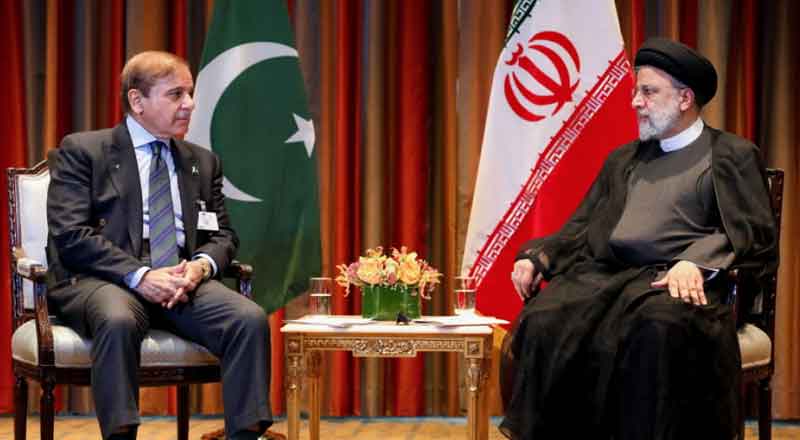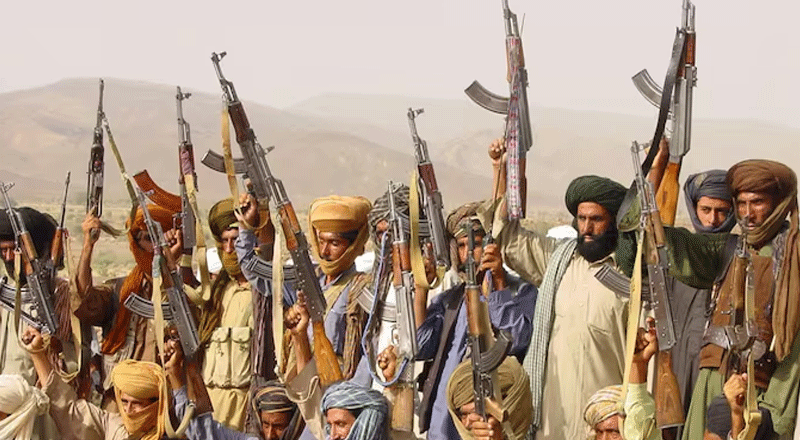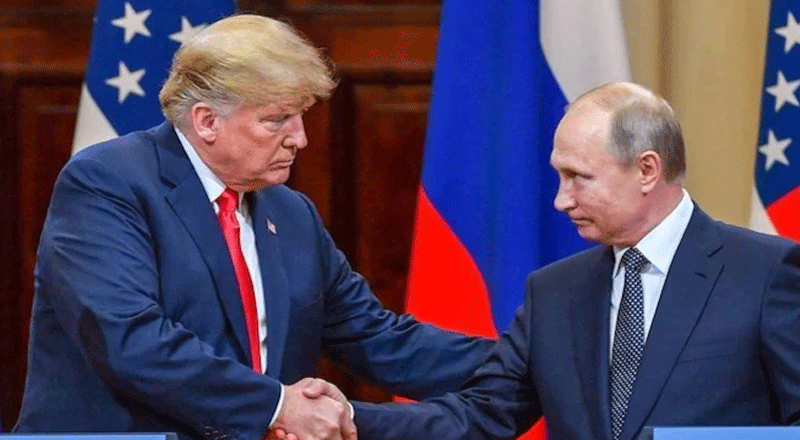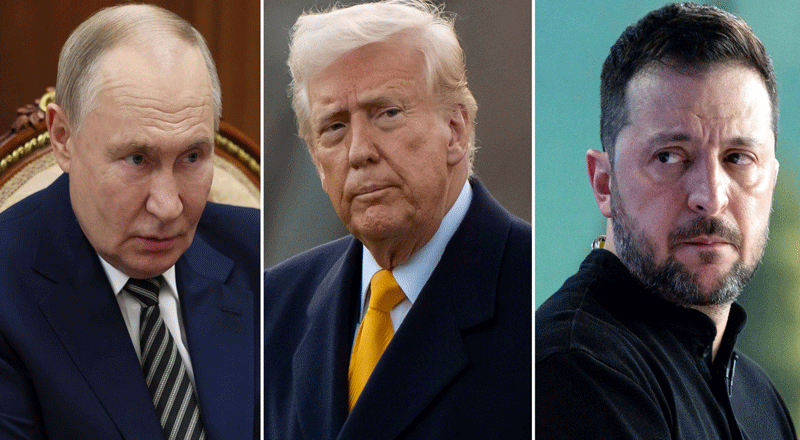- The US has warned of sanctions risks for Pakistan after the government in Islamabad signed security and economic deals with Iran.
- The warnings came as Washington imposed sanctions last week on suppliers to Pakistan’s ballistic missile program, which included four based in China and Belarus.
- As President Raisi concluded his visit, the Pakistani Foreign Office highlighted the constructive nature of the discussions held between the two countries.
- Pakistan has been looking to revive a project to build a gas pipeline from Iran, which has been delayed for decades due to the risk of sanctions from the US.
- Pakistan PM Shehbaz Sharif and Raisi witnessed the signing of eight agreements in Islamabad, including the setting up of a special economic zone.
- Raisi said that Pakistan and Iran needed to boost bilateral trade to about $10 billion in the next three to four years.
In the aftermath of Iranian President Ebrahim Raisi’s recent visit to Pakistan, the resilient bond between the two nations stands as a testament to their shared history and strategic interests, undeterred by external pressures. President Raisi’s emphatic declaration that “no power on Earth can affect the historical ties between the two countries” resonates as a reaffirmation of the enduring strength of the bilateral relationship.
The backdrop to this assertion is the backdrop of a warning issued by the United States to Islamabad, cautioning against potential sanctions should Pakistan engage in business dealings with Tehran. Despite this admonition, President Raisi’s visit saw both nations commit to elevating their annual trade volume to $10 billion over the next five years, signalling a firm commitment to deepen cooperation across various sectors.
As President Raisi concluded his visit and returned to Iran, the Pakistani Foreign Office highlighted the constructive nature of the discussions held between the two countries, underscoring the mutual desire to foster greater collaboration and understanding. However, amidst these diplomatic overtures, the specter of US sanctions looms large, casting a shadow of uncertainty over Pakistan’s engagement with Iran.
During a press briefing, a spokesperson for the US State Department reiterated the risks associated with conducting business transactions involving Iran, advising caution to entities considering such ventures. Nevertheless, the US acknowledged Pakistan’s sovereignty in determining its foreign policy pursuits, acknowledging the government’s autonomy to navigate diplomatic relationships independently.
The historical context of US sanctions against Iran, dating back to 1979, underscores the complexity of the geopolitical landscape in which Pakistan finds itself entangled. Primarily driven by concerns over Iran’s nuclear program and its support for organizations designated as terrorist entities by the United States, such as Hezbollah, Hamas, and Palestine Islamic Jihad, the sanctions have served as a perennial point of contention in international relations.
Central to the Iran-Pakistan relationship is the ambitious gas pipeline project initiated in 2009, aimed at meeting Pakistan’s energy needs. While Iran completed its portion of the pipeline by 2011, Pakistan’s delays in fulfilling its obligations have strained relations, prompting warnings of legal action and financial penalties from Tehran. Despite Pakistan’s recent pledge to expedite the project, concerns about potential US sanctions loom large, casting doubt on the project’s future prospects.
As Pakistan navigates these diplomatic complexities, the resilience of its ties with Iran remains a cornerstone of its foreign policy agenda. Despite external pressures and warnings of sanctions, the commitment to fostering mutual understanding and cooperation endures, underscoring the enduring strength of the Iran-Pakistan bond in the face of adversity.
Pakistan plans to seek a sanctions waiver for its gas pipeline project with Iran, aiming to boost energy cooperation despite potential US opposition. President Raisi’s recent visit saw the signing of eight agreements, including a special economic zone setup. Both nations aim to repair ties after border tensions earlier in the year. Raisi emphasized the need to increase bilateral trade to $10 billion in the coming years and agreed to cooperate on countering terrorism. The visit aimed to strengthen relations and revive warmth in the bilateral relationship.
(With inputs from agencies)





